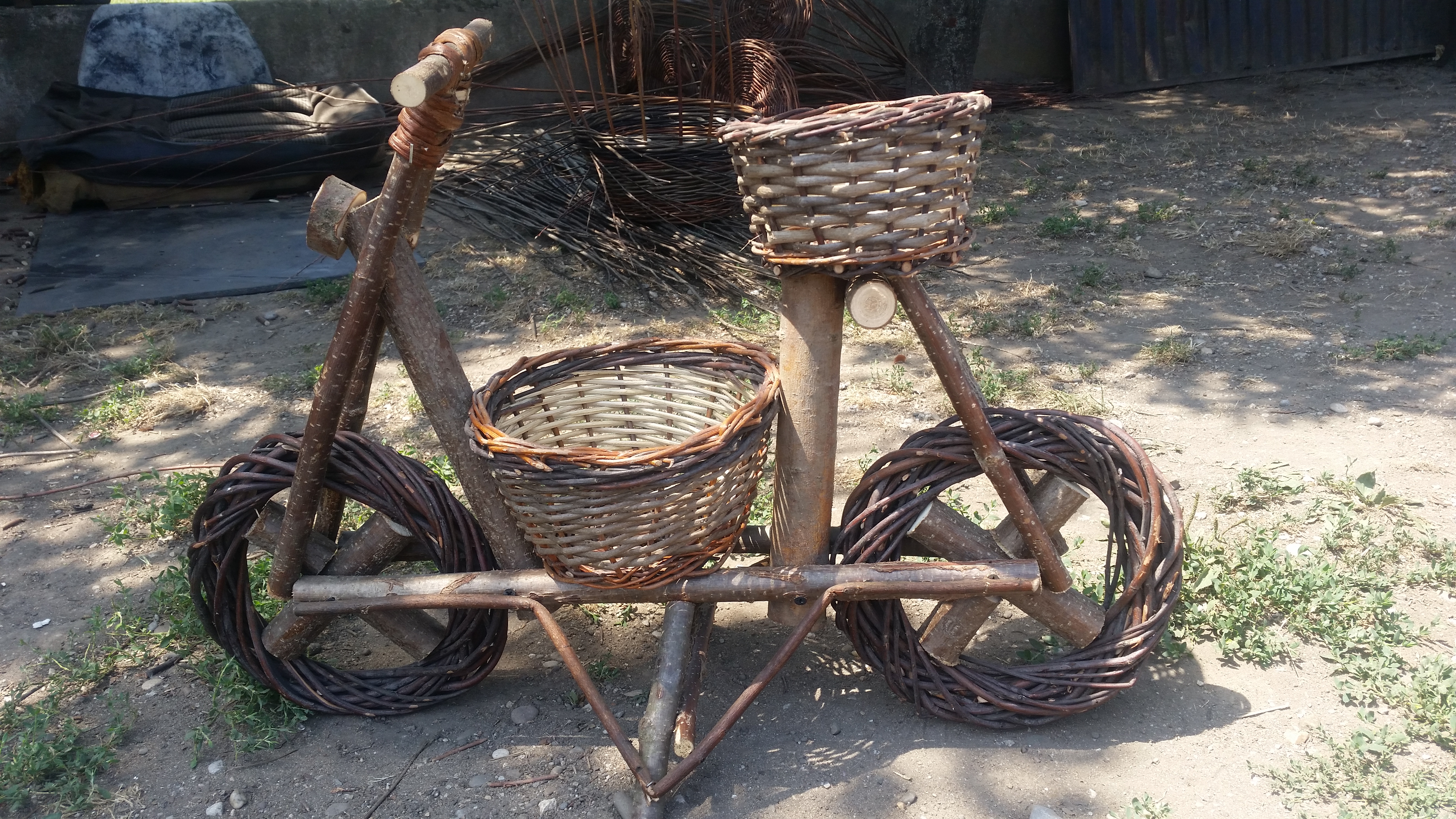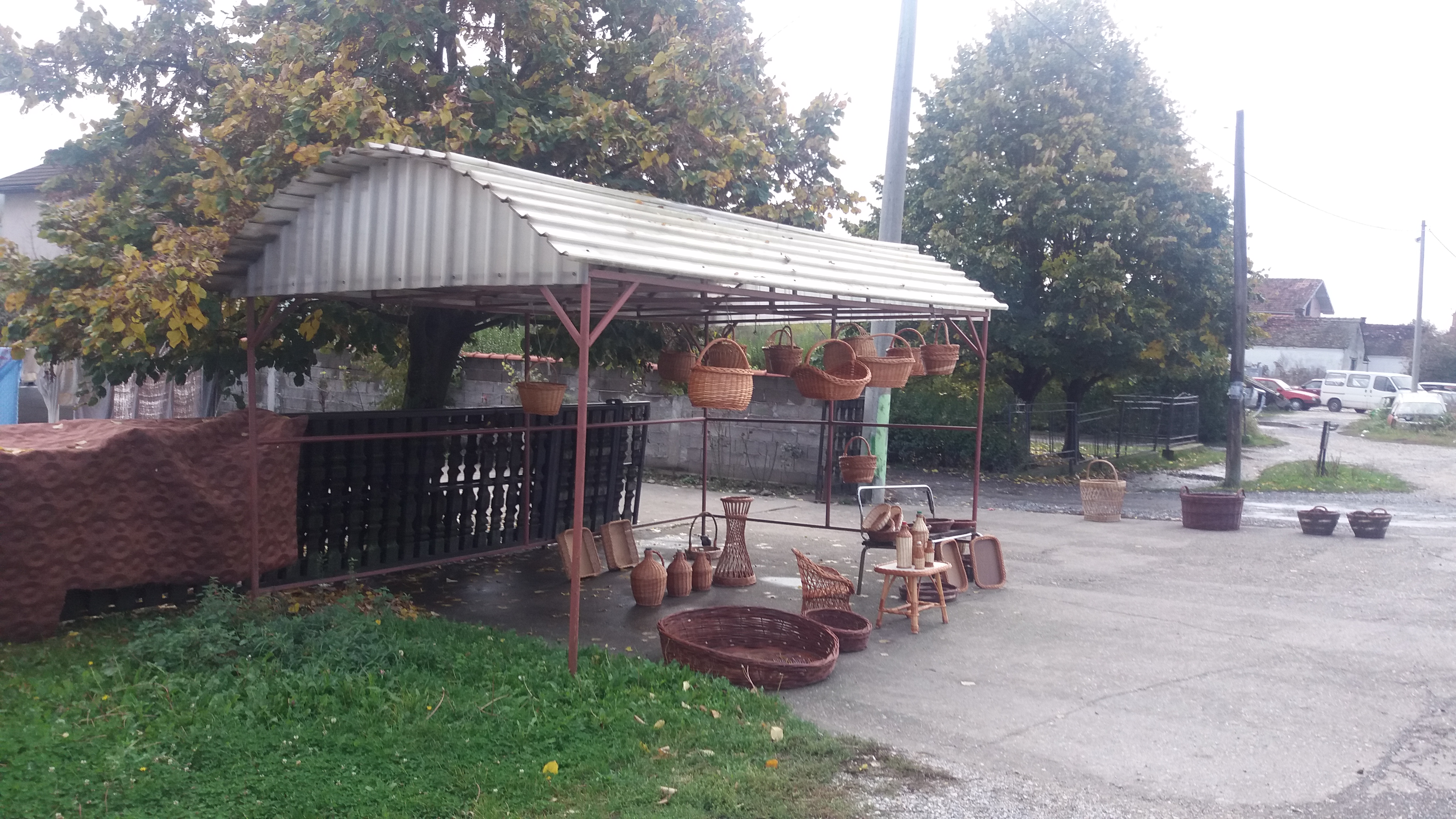RARE - From gray economy to legal businesses
03-08-2017
Wickerwork craft, as a special area of ethnology, is in the process of extinction in Serbia. In the past, almost every wickerwork product was unique because it was created manually. Roma families, especially in the area of Apatin and Sabac municipalities are dealing with wickerwork as family business and are recognized masters of art of basket weaving. Some are registered, and some do not even have their own craft shop, but we cannot fit them into a gray economy because they are the "guardians" of the family tradition, and many of them continue to work out of pure love.

Representatives of NGO Impreuna from Bucarest and City of Pécs from Hungary had opportunity to visit project “Donau Korb Serbien” which is implemented by ADRA Serbia and on which Know How Center provides support to Roma entrepreneurs in Šabac.

This mapping visit was organized as part of the good practice exchange among project partners on RARE project. The aim of the RARE project is to enhance the capacities of and cooperation among actors having a stake in the labor market participation of the Roma in order to better exploit their economic potential.
Roma community is faced with little employment opportunities or income opportunities in the labor market, the injustices in conventional trade stem from the imbalances of power in the international negotiating table and supply chain. Small, disadvantaged producers are discriminated by large, influential players. The discrimination leaves many producers of baskets marginalized and unable to work their way out of poverty.
Adventist Development and Relief Agency (ADRA) Serbia in cooperation with ADRA Austria and private company EWH Pirsch GmbH is implementing the ADA funded project „Donau-Korb“ Serbien/ “Danube basket”.
One of the goals of the project is the creation of jobs, especially for the Roma community in the regions of Apatin and Sabac municipalities. The main attention lies on the cultivation and refining of high quality wicker. Until now 22 Roma are involved and in total 100-150 Roma will be involved in the project.
